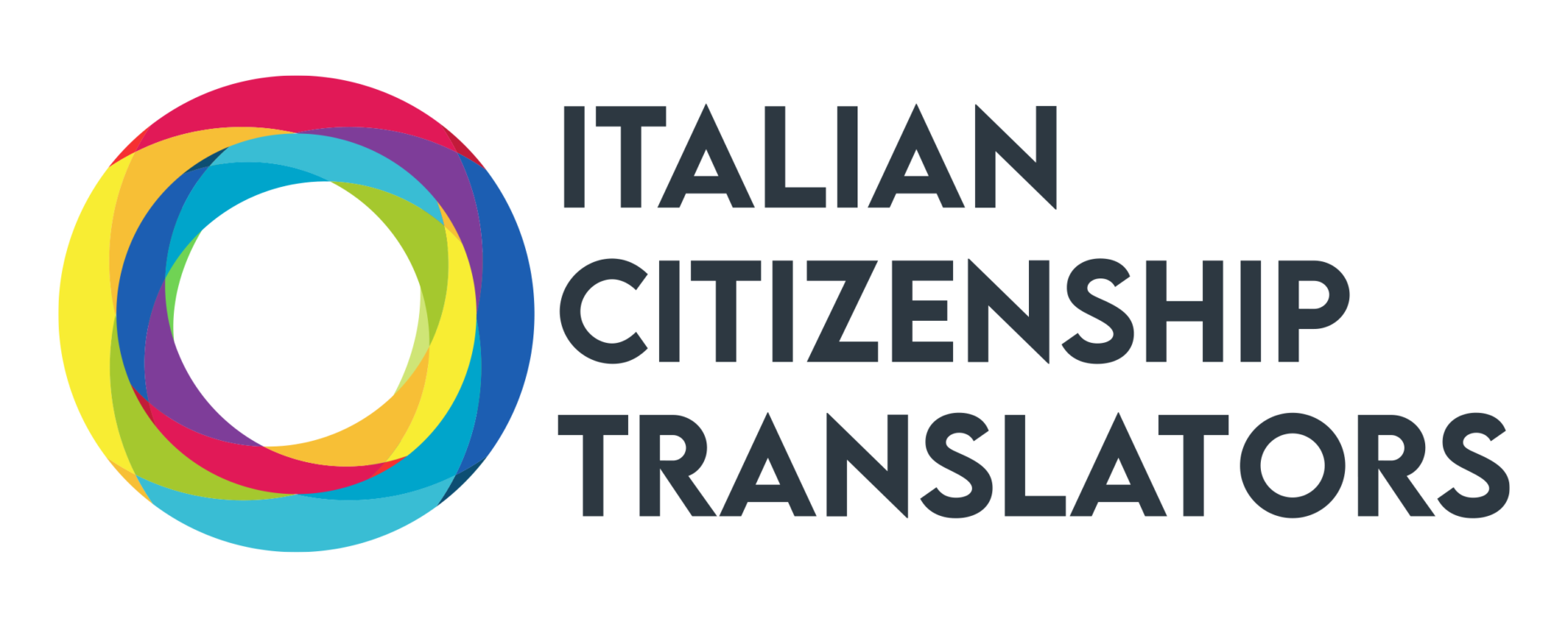
Is There a Register of Translators in Italy?
In previous articles, we have covered the difference between sworn and certified translations and where a translation can be sworn in Italy. With these discussions of legal and professional translations, you might be wondering what qualifies a translator to do such work, and where you can find them. In this article, we will talk about registers of translators in Italy, so you can find the best one for your translation needs.
Types of translators
As mentioned in another article, there is an important difference between translators and interpreters. Essentially, the former deal with texts, while the latter concern themselves with vocal exchanges. Regarding translators, though, there are many phrases in Italian to refer to professional translators that have, in fact, little practical difference among them. There is traduttore giurato (sworn translator), traduttore certificato (certified translator), and traduttore ufficiale (official translator). The only real difference is, a certified translator in Italy doesn’t necessarily do sworn translations (though one technically could). Certified translators could potentially be used for translations for use outside of Italy, as some non-Italian countries often accept translations that are certified but not sworn before a government entity.
Sworn and certified translations
If you are applying for citizenship in Italy, then the translations will need to be sworn. (The alternative is to bring translations that were certified by an Italian consulate abroad). The translator will need to swear before a Justice of the Peace (Giudice di Pace) or court (tribunale) that the translations are faithful. Marche da bollo (revenue stamps) will be placed on every four pages of translation, and there will be the accompanying sworn statement (Verbale di Giuramento) at the end.
In contrast, certified translations consist of a self-declaration signed before a public notary as to the accuracy of the translations. If you are applying for citizenship via an Italian consulate, often the consulate can do this certification themselves. (It is best to check with your local consulate, however).
Which documents need to be translated?
Essentially, all documents not issued in Italian will need to be translated into the language. Primarily, this includes all vital records: birth, marriage, divorce (if applicable), and death. The naturalization record(s), however, are an exception and do not need to be translated. The vital records will also need an Apostille, which will legalize them for foreign use. All Apostilles will also need to be professionally translated.
The method of collecting the above documents depend greatly on where the documents were issued, so you will need to abide by local regulations. If you are in the U.S., vital records are usually held by each state’s Department of Health. For birth and death certificates, it is important to obtain a certified long-form copy. It is also worth mentioning that in some places, like New York, only the person on the record, or his/her spouse, is able to retrieve a copy. In the event of the person (and spouse) being deceased, a court order will need to be issued for you to request a copy. On the other hand, sometimes you are able to easily request such records by mail, phone, or online.
Naturalization records can be retrieved from the National Archives and Records Administration (NARA). If your ancestor never naturalized, then NARA can also issue a “Letter of Negative Search.” In the event of non-naturalization, however, there is a good chance you will need to include multiple proofs that your ancestor never naturalized, including a “Certificate of Non-Existence of Records” issued by the United States Citizenship and Immigration Services (USCIS).
Regarding your ancestor’s vital records from Italy, they can be requested from the “ufficio di stato civile” (registry office) in their municipality. These records, being already issued in Italian, will of course not need to be translated or legalized.
Where are Italian translators registered?
Italy does not have a registry for translators, in terms of a national list. Instead, there are two types of registries at the local level: one with the court (tribunale) and one with the Chamber of Commerce (Camera di Commercio). The registry with the court is specifically called the Albo Consulenti Tecnici d’Ufficio (CTU). There are not specific certifications translators need to present to enter into these lists (usually proof of study and work as a translator), which is why a translator not being on one of these registries isn’t an immediate cause for concern. Ultimately, you should still do your own research into a particular translator/translation company you intend to use. Translators who live abroad can also carry a special mark of professionalism if they work for a consulate or the Ministry of Foreign Affairs.
Finally, there is also a non-profit organization called the Italian Association of Translators and Interpreters (AITI) that goes back to 1950. It is the oldest and largest association of its kind. In order to be a part of it, translators must pass an exam.
If you are need of sworn translations, in reality any translator can do it, but it is most likely best to find a translator registered with the court (CTU) to ensure they have a competent understanding of the system.
Conclusion
Ultimately, there is no easy register of translators across Italy to choose from. Rather, there are two options for registers at the local level, which can be beneficial in helping you find a translator based where you are. It is still important to do your own research on a translator you are interested in working with and ensure that he/she is fit for the kind of services you need. If you would like to learn more about how Italian Citizenship Translators can assist you with your translation needs, don’t hesitate to contact us at info@italiancitizenshiptranslators.com.
